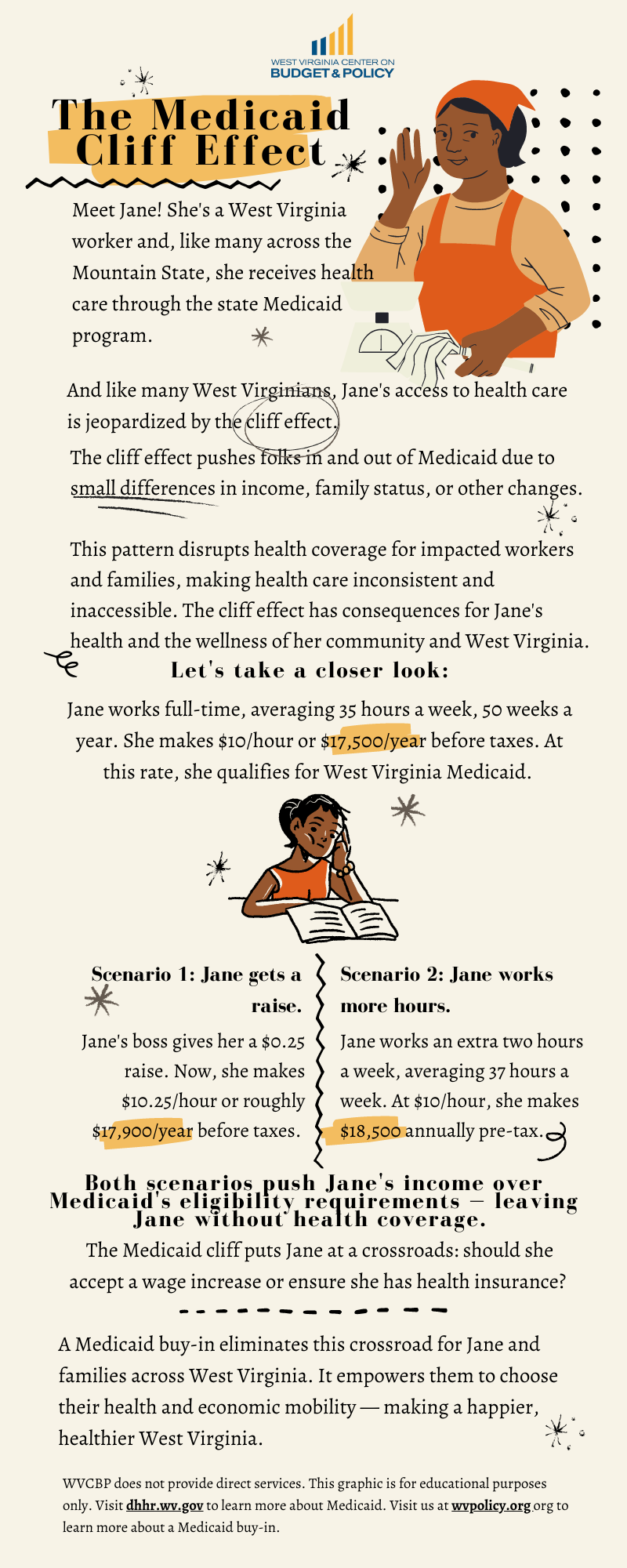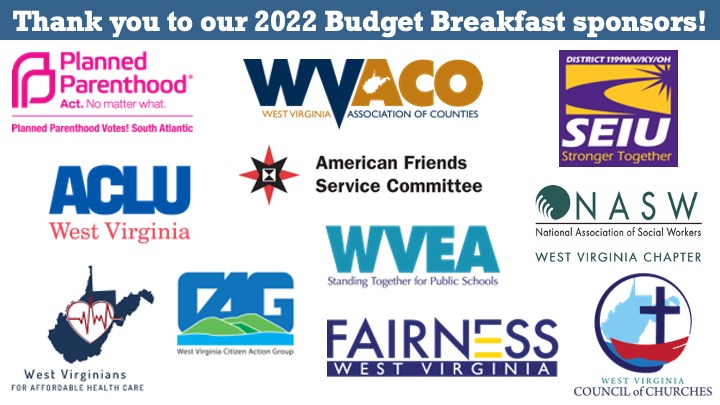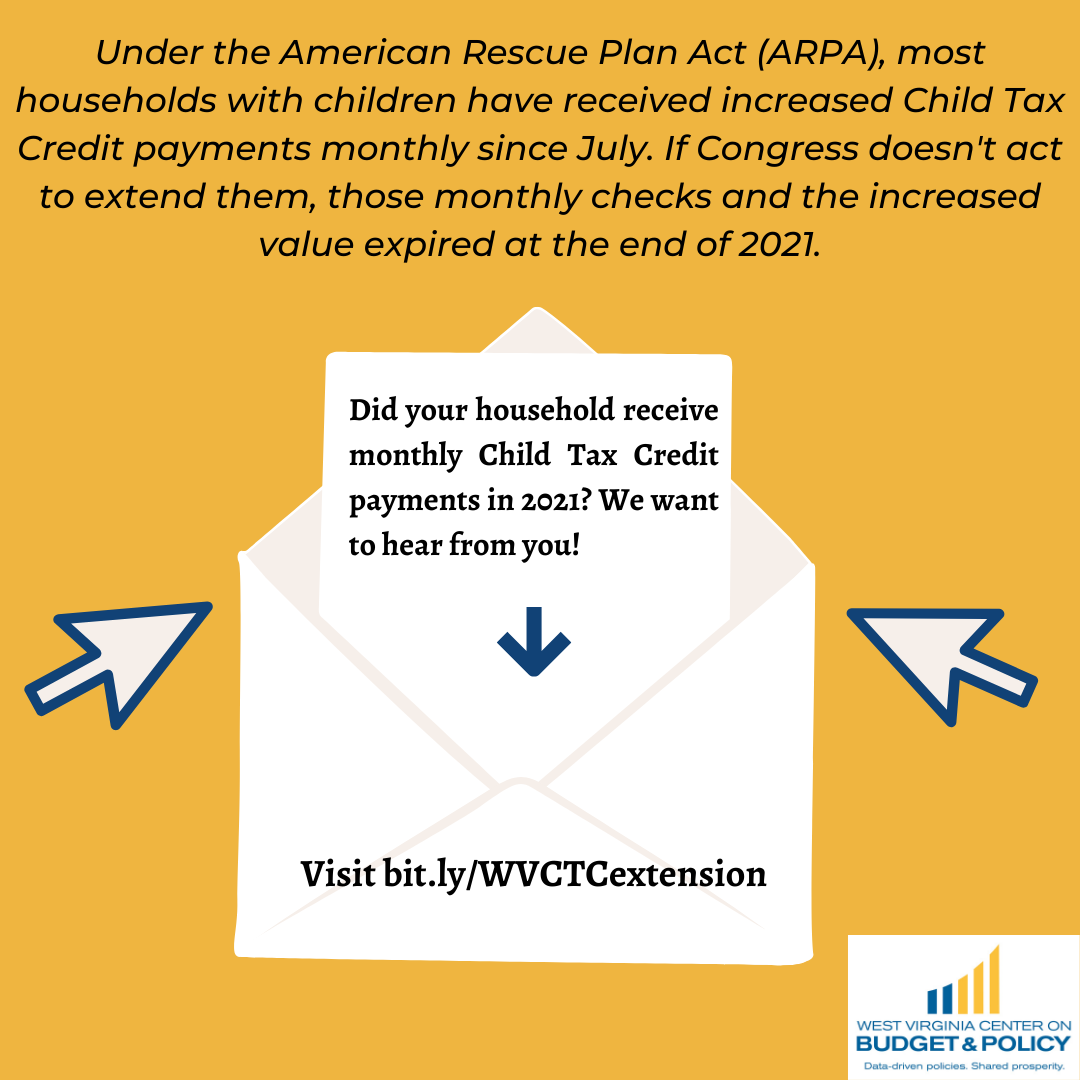On the first day of the 2022 legislative session, the West Virginia Senate introduced bills that would make major changes to the state’s unemployment insurance system, to the detriment of the state’s workers. While Senate Bill 3 would add additional strict work search requirements for unemployed workers collecting unemployment insurance, Senate Bill 2 would reduce the number of weeks workers are eligible for unemployment from the current level of 26 weeks to as little as 12 weeks, with a maximum of 20 weeks in times of high overall unemployment.
The passage of these bills would mean West Virginia workers have one of the shortest lengths of time eligible for unemployment benefits in the country. Most states offer at least 26 weeks of benefits. Only seven states currently offer less than 26 weeks, and only Florida and North Carolina offer just 12 weeks.
Drastically cutting the weeks of unemployment eligibility does not make it any easier for people to find a job — particularly during a recession — and will likely lead to increased hardship for West Virginia’s workers, as thousands of unemployed workers could be shut out of the unemployment system.
Cutting off unemployment benefits early would also likely harm the state’s more vulnerable workers the most. Black workers, low-income workers, workers lacking higher education, and workers with physical disabilities are all more likely to face longer periods of unemployment, and would be disproportionately impacted by cutting weeks of eligibility.
Learn more in Sean’s full blog post.

The Medicaid “cliff effect” is a phenomenon wherein a small increase in household income makes an individual or family ineligible for Medicaid. The result can often mean less economic security for the individual or family, as the cost of paying for other health insurance makes their total household income lower than before the pay increase.
One powerful solution to the Medicaid cliff effect is a Medicaid buy-in — a state-initiated health insurance product that allows people above current Medicaid eligibility levels to pay a monthly premium (on a sliding scale based on household income) to receive health coverage through Medicaid or a Medicaid-like plan built atop the state’s existing Medicaid infrastructure. Such a program would allow a person on Medicaid whose income increases above the requirements of the existing Medicaid program to pay an affordable premium to stay with the same insurer, plan infrastructure, and provider network, thus helping increase continuity of care and improve health outcomes.
During this legislative session, lawmakers will have a chance to consider real solutions to the benefits cliff if they are serious about doing so. HB 3001 “Creating the Affordable Medicaid Buy-in Program,” has bipartisan sponsorship and was introduced on the first day of session. By enacting a Medicaid buy-in program that is available to West Virginians coming out of traditional Medicaid eligibility, we can address the benefits cliff and help empower West Virginia families so that they no longer have to choose between higher wages and affordable health coverage.
Learn more in Kelly and Rhonda’s full blog post.

This morning, the WVCBP hosted our ninth annual Budget Breakfast! Our senior policy analyst, Sean O’Leary, provided his analysis of Governor Justice’s 2023 proposed budget, and keynote speaker, Brian Elderbroom of Justice Reform Strategies, presented on how West Virginia can improve community supervision practices to safely address the state’s current incarceration crisis.
If you couldn’t join us live today, you can find the event recording here, the link to the presentation slides here, and Brian’s recent brief on improving community supervision in the Mountain State here.
Many thanks to those who joined us live and our sincere gratitude to this year’s incredible event sponsors!

Since July 2021, most households with children had received monthly enhanced Child Tax Credit payments of $250- 300 per child. However, the enhanced Child Tax Credit was temporary and expired at the end of 2021 unless Congress acts to extend it in 2022 through the Build Back Better Act or other legislation.
If you received monthly Child Tax Credit payments, we’d love to hear how they had been helping your family and how your family has been or will be impacted now that the payments have (at least temporarily) stopped being distributed.
Join us in our advocacy by completing our survey here.
Learn more about what’s at stake if the enhanced Child Tax Credit is not ultimately extended in our blog post here or in recent articles featuring our data here.

The sixth monthly enhanced Child Tax Credit payment was distributed last month, and unless Congress acts to extend the enhanced CTC, that December payment was the final monthly payment families will receive. A recent article, featuring insight from the WVCBP, provides guidance on how families should plan to collect the remainder of their CTC money at tax-filing time. Excerpt below:
Parents who opted out of the monthly payments will receive their full child tax credit payment with their 2021 federal tax return.
Parents who received monthly child tax credit payments over the last year will get the remaining half of their money when they file their tax return.
The IRS has sent out letters — called Letter 6419 — that tell parents how much they received in advanced monthly payments and the number of qualifying children the IRS used to set their monthly payments, according to York.
“You’ll want to wait to file your taxes until you get this letter from the IRS, because you’ll use that information to file your taxes,” she said. “And if you are a married couple, you’ll get one letter for each spouse, so be on the lookout for possibly two letters.”
Once parents have the letter, York recommends they cross-reference the total from the IRS with their own records of the advanced child tax credit payments they received to make sure the numbers match.
Parents can also check the payments via the child tax credit update portal on the IRS’s website.
If a parent gave birth in 2021 and they qualify for child tax credit but did not get advance payments, they can claim the child on their tax return and then receive the payment in their refund, according to York.
She also noted that low-income families who normally do not file taxes will need to do so this year in order to receive the remaining child tax credit payment.
In order to get their tax refund as quickly as possible, York recommends that parents file their taxes electronically and provide bank information so their refund can be sent via direct deposit.
Learn more in the full article.

During the legislative special session convened by Governor Justice last week, the West Virginia Legislature passed a massive corporate incentive package, despite ample academic research and numerous examples from the state’s own history indicating that these sorts of economic development subsidies largely fail to achieve their goals. As a result, over $300 million in American Rescue Act Funds — intended to provide relief to workers and families as pandemic hardship continues — will instead likely be diverted to fund tax breaks for wealthy companies, primarily the Nucor Corporation. This week, a Mountain State Spotlight article revealed that the report provided to legislators detailing the projected economic impact of the legislation was rushed and likely overstated the economic benefits of the deal. Excerpt below:
When lawmakers last week rushed through a series of bills offering incentives and tax cuts to a steel company interested in opening a new plant in West Virginia, state officials assured them the deal would pay off.
Brian Abraham, Gov. Jim Justice’s chief of staff, pointed to an economic report by West Virginia University’s Bureau of Business and Economic Research that estimated the company’s investment would generate nearly $25 billion for the state’s economy and bring in nearly $439 million in state taxes over the next decade.
“So we think it’s a wise investment,” Abraham said.
The only problem: there were errors and questionable assumptions in the WVU report that could impact its projections.
The version of the three-page report presented to lawmakers included discrepancies in the number of construction workers the project would employ and an unrealistic expectation that all plant employees in the border county would live and pay taxes in West Virginia. While the economic impact of the project would remain substantial, both issues could have led the WVU report to significantly overstate the benefits of the project.
The result is that lawmakers made a decision about the project based on a report that didn’t receive enough scrutiny and gave them a possibly inflated picture of the benefits of the plant.
Read the full article here.

The WVCBP’s Elevating the Medicaid Enrollment Experience (EMEE) Voices Project seeks to collect stories from West Virginians who have struggled to access Medicaid across the state. Being conducted in partnership with West Virginians for Affordable Health Care, EMEE Voices will gather insight to inform which Medicaid barriers are most pertinent to West Virginians, specifically people of color.
Do you have a Medicaid experience to share? We’d appreciate your insight. Just fill out the contact form on this webpage and we’ll reach out to you soon. We look forward to learning from you!
You can watch WVCBP’s health policy analyst Rhonda Rogombé and West Virginians for Affordable Health Care’s Mariah Plante further break down the project and its goals in this FB Live.
